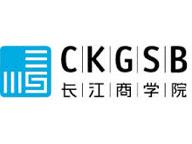Research Center Events
—
NYU Entrepreneurs Test Their Ideas at Stern’s Lean Startup Summer Boot Camp
—

NYU Stern’s Berkley Center for Entrepreneurship and Innovation recently hosted a new workshop series entitled, "Lean Startup Summer Boot Camp." The five-session series explored human-centered research, divergent thinking and problem solving to validate or invalidate startup or product ideas early on.
Research Center Events
—

NYU Stern’s Berkley Center for Entrepreneurship and Innovation recently hosted a new workshop series entitled, "Lean Startup Summer Boot Camp." The five-session series explored human-centered research, divergent thinking and problem solving to validate or invalidate startup or product ideas early on.



















